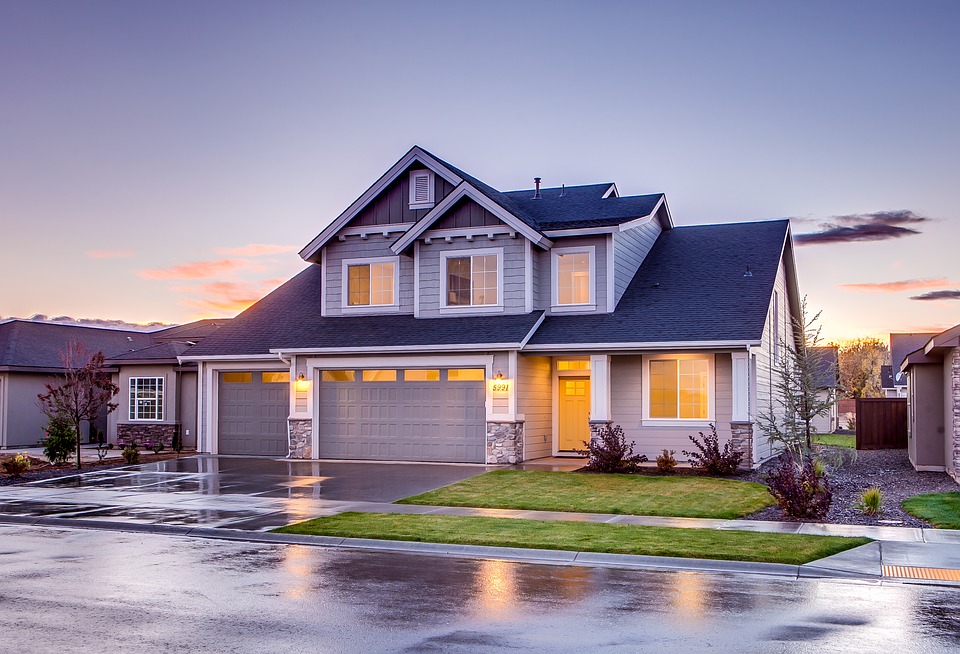Every successful home search begins with a wish list. Armed with your inventory of must-haves, you’ll know how to focus your search and recognize a potential home that isn’t worth your time. However, it seems the more you look, the longer that wish list seems to grow. Sooner or later, you have to own up to the fact that you can’t have everything and you might have to make some compromises somewhere. That’s alright—it’s important to be flexible. But there are a few times when you absolutely should draw the line. Here, Realtor.com suggests seven areas where you’ll want to dig in your heels.
1. Buying a fixer-upper when you really want turnkey
You have never swung a hammer, have a phobia of power tools, and always pictured yourself in something new and shiny. But that doesn’t mean you won’t fall in love with a charming, century-old farmhouse that needs a ton of work. Now’s when you have to decide: Are you up to the financial and emotional challenges of taking on major renovations? It’s an option you should seriously consider (with the help of an experienced general contractor) if you’re in a highly competitive market. But if you don’t think your bank account could survive many months of upheaval, stick to your guns and insist on a turnkey home.
2. A good school district
Even if you don’t have children, you should make sure the house you’re eyeing has desirable schools nearby. Does it matter if you’re not looking to have a few kids? Well, things can always change. But even if they don’t, good schools typically translate to a higher resale value—potential buyers with families will want to be in the right district. Just make sure to do your research and determine where the home sits in relation to the school district boundaries. Visit the school district’s website to get a map of the district boundaries.
3. The floor plan
Does the home fit your minimum criteria in terms of number of rooms and the flow of the main living areas? If not, cross it off your list. Sure, you always can add on. But don’t use that option as a fallback. You can change a layout to make it an open floor plan, but it’s a lot more difficult to change the bedroom and bathroom count. In the long run, you could end up having a lot of problems and taking on a really big financial undertaking.
4. The neighbors
During your search, don’t just focus on the house you’re interested in—check out the neighboring homes as well to make sure they are well-kept. The condition of the properties around you can affect your future resale value, while making you crazy as well. Make sure you look—and listen—any time you visit your prospective home.
5. Your budget
You’ve probably already determined how much you’re willing to pay for a home—and you shouldn’t budge on that number. But you should also dig in your heels on the additional costs beyond the sticker price. That means setting a budget for your monthly payments, HOA dues, utility costs and real estate taxes—and sticking to it. (Hint: You want to do this before you start looking at homes, and definitely before you start making offers.) While a lender will give you a pre-approval and tell you how much house you can afford, his is just one piece of the puzzle. The costs of homeownership can still land you in a mountain of debt if you’re not careful.
6. Commute time
If you’ve already determined that you’re willing to take on a 30-minute commute, don’t allow yourself to be swayed into anything longer just because you fall in love with a home’s shiny bells and whistles. Until you’ve actually driven the route to and from your potential home and your office, at the times you’ll be commuting, you should never consider compromising. In some large cities, being just a few miles from the highway can tack on an additional hour of commuting. Could you handle that after a long day in the office? Think carefully before making the sacrifice.
7. Parking
Speaking of your car, if you own one (or two), you absolutely want a guaranteed spot to park, whether that means an enclosed garage, a driveway or assigned parking.
